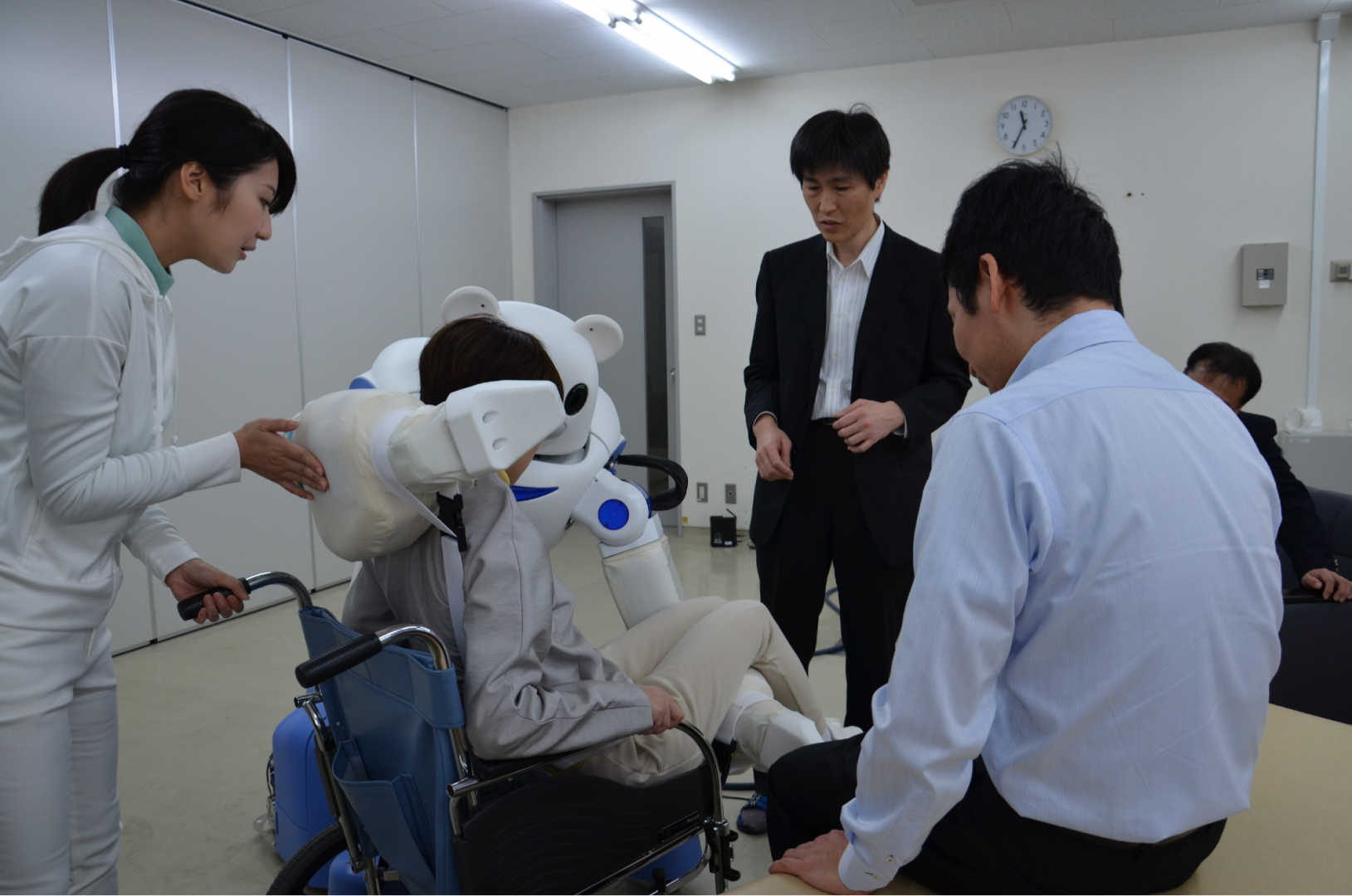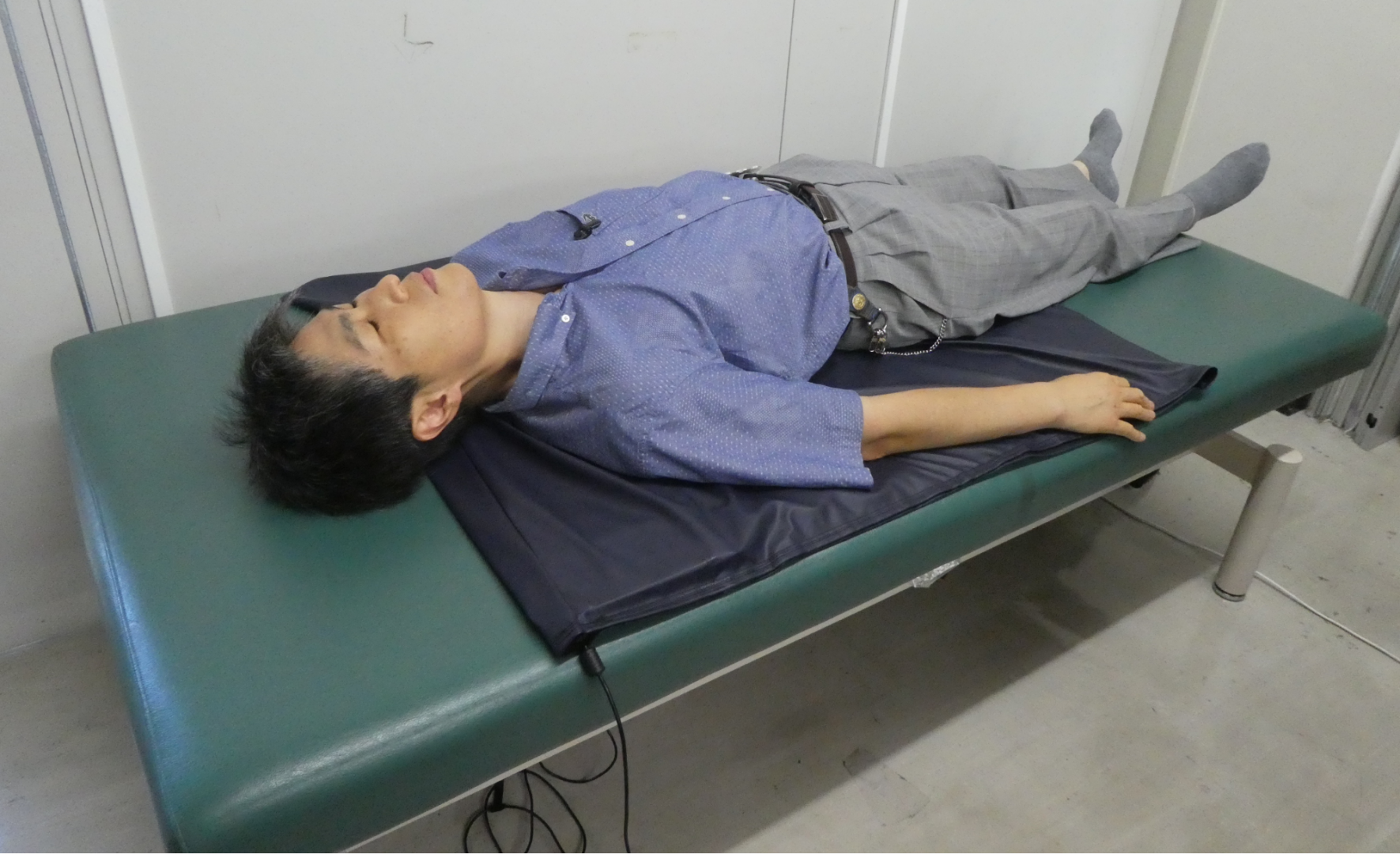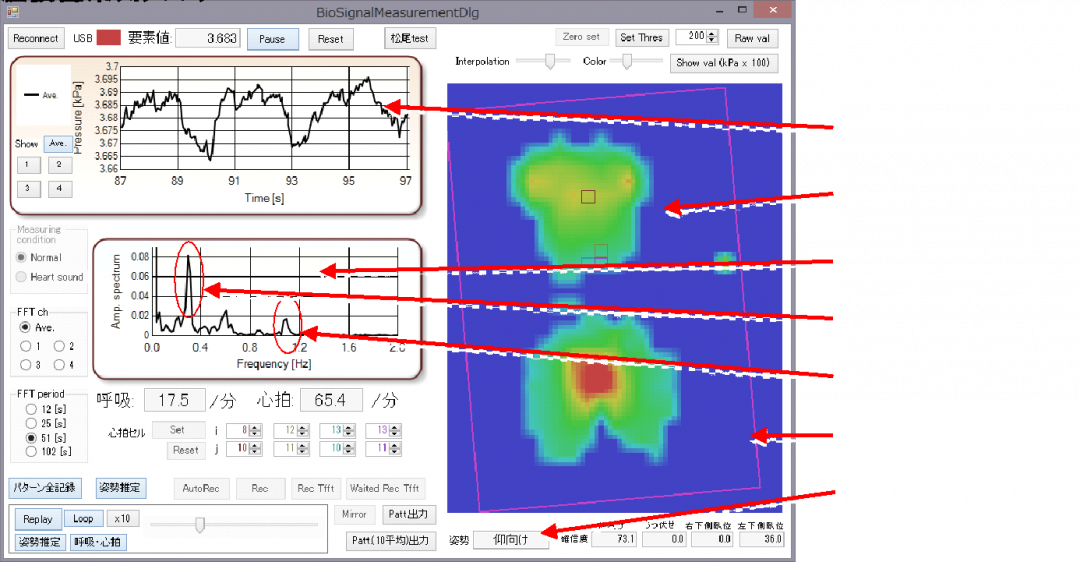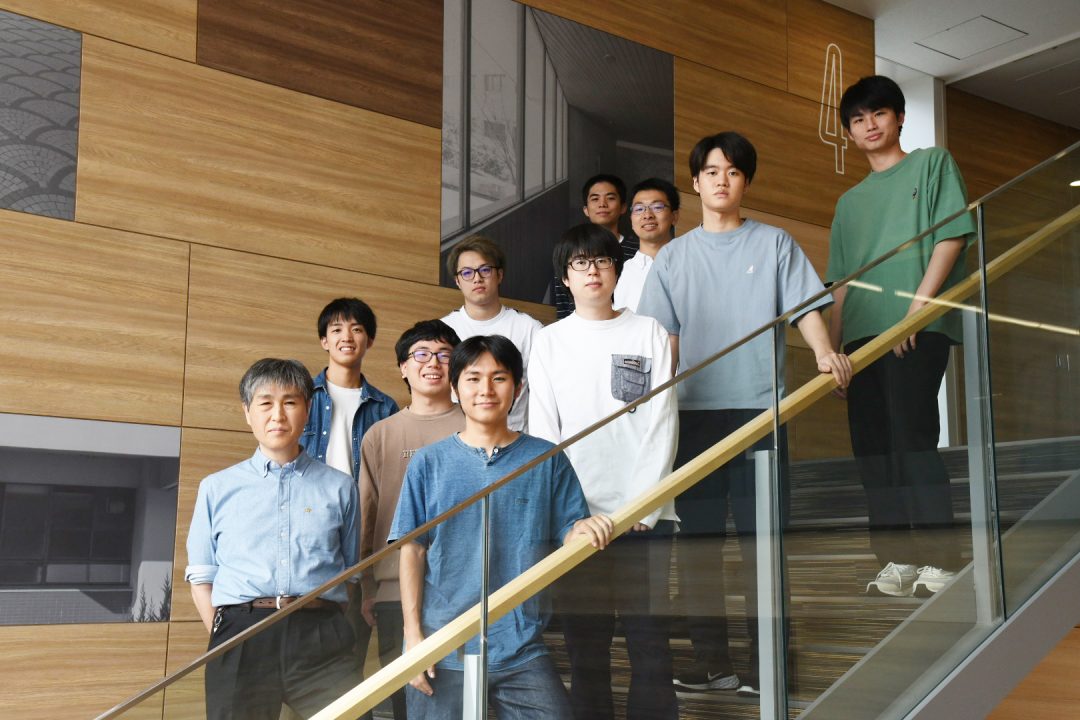Professor Toshiharu Mukai, who teaches Introductory Seminar I & II, Electromagnetism, Physical Computing, and Sensor Engineering at the undergraduate level, and Advanced Topics in Intelligent Signal Processing at the graduate level.
We spoke with him about his research and his impressions of the students in the Mukai Laboratory, led by Professor Toshiharu Mukai (far left).
Please introduce yourself.

I’m originally from Gunma Prefecture. I moved to Tokyo for university, where I studied a field called Mathmatical Engineering & Information Physics throughout my bachelor’s, master’s, and doctoral programs. It may not be a familiar term, but it’s a branch of engineering that builds on physics and mathematics while incorporating elements of information, electronics, and systems.
After graduation, I joined RIKEN (a National Research and Development Agency). At RIKEN, projects are usually organized on a fixed-term basis, so I moved between different projects every few years. During that time, I also spent a year studying abroad in France. Eventually, in 2015, I started working at Meijo University.
How do you usually spend your days off?
I enjoy stargazing from my balcony at home. My knowledge of information science is helpful in various ways, including controlling the movement of the telescope, aligning and compositing dozens of astronomical images captured with a CCD camera, and removing noise using Wavelet transforms. Recently, I’ve also taken up competitive programming as both a hobby and a way to sharpen practical skills.

Please tell us about your field of expertise and what makes it interesting.
Broadly speaking, my field is sensor information processing. Sensors are devices that capture the state of the world and convert it into information that computers can handle. Because they enable systems to respond to real-world situations, there’s a saying: “He who controls the sensors controls the system.”
My research focuses on applying sensor information to nursing care and welfare. More specifically, I study how to incorporate sensors into assistive devices and welfare robots.

Could you tell us about your recent research themes?
One of the main areas I’m currently working on is the use of sheet-type tactile sensors placed on a bed to obtain biological information from a person lying on it. These sensors provide time-series data of pressure distribution.
Although the sensor output reflects various bodily activities, by applying signal processing and pattern recognition, we can extract information such as respiration rate, heart rate and its variability, sleeping posture, and even body movements like turning over. Moreover, changes in respiration and heart rate variability also allow us to estimate stress levels.


How do the things learned and skills acquired at university prove useful after graduation?
I believe the most important thing to gain at university is a kind of intellectual stamina—the ability to solve problems, think logically, make sound judgments, and acquire new knowledge.
Classes and graduation research serve as practice exercises for developing these abilities. While the knowledge and skills learned at university can sometimes be directly practical, what will be more immediately relevant after graduation is the specialized knowledge unique to the field of the job you take on. Such knowledge should be continuously updated annually. I think it’s best to view university as a foundation for enabling smooth and practical learning throughout your career.
What is your impression of the students in the Faculty of Information Engineering at Meijo University?
There’s a wide variety of students, but overall, my impression is that many of them are diligent and steady, applying themselves seriously to the tasks they’re given.


